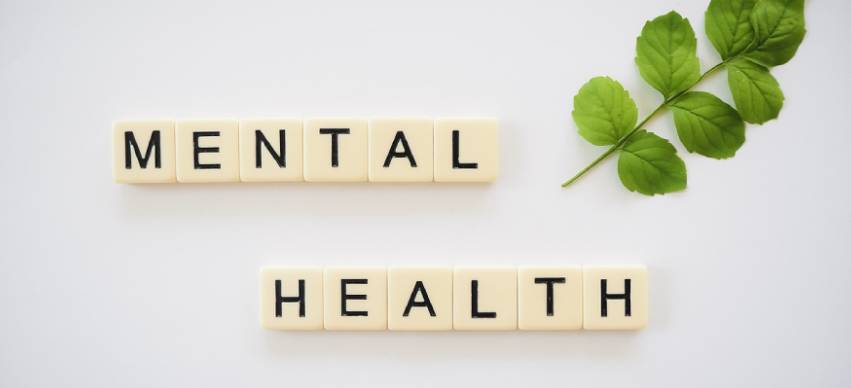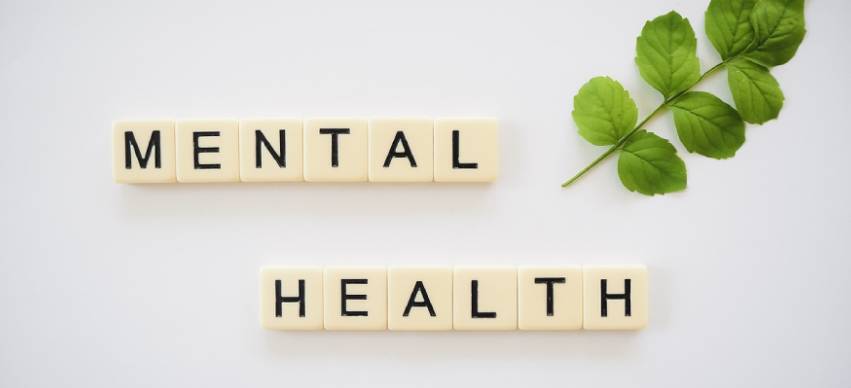Everyday Habits That Can Protect Your Eyes from Damage
4 Min Read


Experiencing a personal injury can have a significant impact on a person's mental health and well-being. Injuries that result from accidents, medical malpractice, or negligence can lead to physical impairments as well as psychological distress.
One of the most common mental health conditions associated with personal injury is depression. The loss of mobility, independence, and normal functioning along with chronic pain can profoundly impact mood. Feelings of hopelessness, sadness, despair, and loss of interest in usual activities are hallmark symptoms of depression. The injured person may withdraw socially, experience changes in appetite, and struggle with low motivation and fatigue. Research has found that 29% of adults have been diagnosed with depression at least once and 17.8% are currently being treated.
Treating physical injury alone often does not resolve these emotional symptoms. Therapeutic support, counseling, medication, or lifestyle changes may be necessary.
Experiencing a traumatic injury can also lead to anxiety disorders like post-traumatic stress disorder, generalized anxiety, panic attacks, and phobias. 19.1% of US adults have suffered with an anxiety disorder in the last 12 months, while PTSD affects 3.5% of adults every year.
The memory of the traumatic accident that caused the injury or the fear of lifelong disability can create excessive worry, tension, and hypervigilance. Anxiety may be exacerbated by financial stress if the injury prevents someone from working.
Relaxation techniques, cognitive behavioral therapy, and medication can help manage anxiety related to personal injury.
Injuries that restrict mobility or require extended hospitalization can lead to feelings of isolation and loneliness. Being unable to participate in usual social activities or losing independence takes a toll emotionally. In 2022, 21% of US adults reported feeling lonely in the previous 12 months.
Maintaining social connections is important. Phone calls, video chats, and hospital visitors can help someone feel cared about. Inpatient rehabilitation facilities also allow socialization and peer support with others recovering from injury. Support groups can provide connections after discharge home.
Experiencing a serious injury because of someone else’s negligence or wrongdoing often leads to feelings of anger and bitterness. Struggling with physical limitations, pain, and loss because of another party’s actions gives rise to resentment and rage. Anger can fester and turn into depression over time if it is not processed in a healthy way.
Counseling provides a space to vent frustrations and move towards forgiveness and acceptance. Anger management classes can also teach effective coping strategies.
In one study, 50% of adults had sustained crash-related injuries in the previous five years. 41% of those adults reported being unable to work because of a disability.
A severe injury, especially one that leads to permanent disability, can force someone to reconstruct their identity and adapt to a “new normal.” No longer being able to participate in activities that previously defined them can negatively impact self-esteem. However, finding new purpose and meaning through adapted hobbies, career pursuits, volunteering, caregiving, or mentoring others with similar injuries can help restore a positive sense of identity.
Support groups also provide a space for sharing experiences around identity changes. It’s also important to speak with a personal injury lawyer if your disability was caused by someone else.
Personal injuries such as those sustained in accidents or due to medical negligence can exact a heavy psychological toll in the form of depression, anxiety, anger, isolation, and identity changes. However, good mental health care in conjunction with physical rehabilitation can ameliorate some of the emotional distress of the injury.